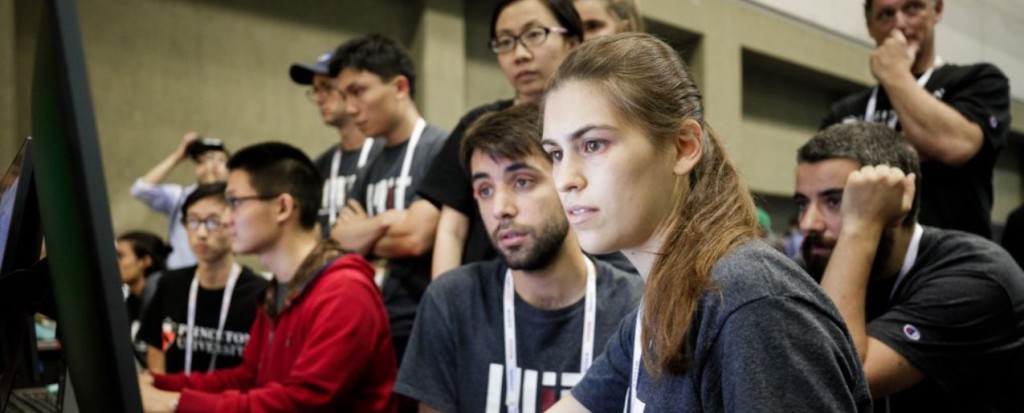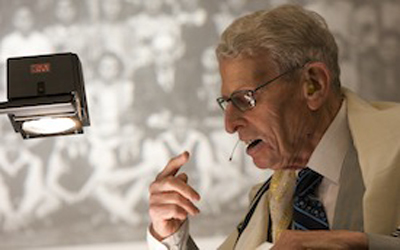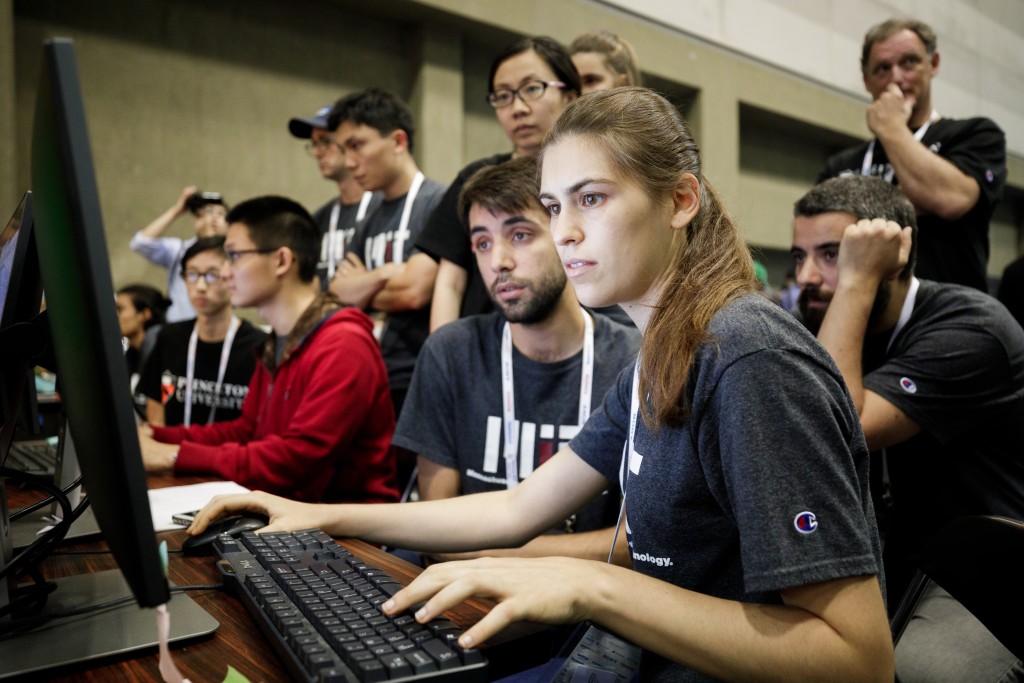Page 358 • (12,484 results in 0.057 seconds)
-

Resolute Online: Fall 2019 – RESOLUTE is Pacific Lutheran University’s flagship magazine. Search Features Features The Inauguration of Allan Belton Clinical Learning and Simulation Center Palmer Scholars Trinidad and Tobago Transformation Discovery Discovery Accolades Lute Library Blogs Alumni News Alumni News Homecoming Highlights Connect with other Lutes LuteLink Alumni Referral Scholarship Give to what you Love 2019 Alumni Awards Class Notes Class Notes Obituaries Submit a Class Note
-
By:Lorna Rodriguez '11 January 28, 2017 0 A Different Kind of Whale Watching https://www.plu.edu/resolute/fall-2017/wp-content/uploads/sites/19/2017/01/whale-watching-cover-1024x532.jpg 1024 532 Lorna Rodriguez '11 Lorna Rodriguez '11 https://www.plu.edu/resolute/fall-2017/wp-content/uploads/sites/19/2017/05/lorna-rodriguez.jpg January 28, 2017 September 25, 2017 A Different Kind of Whale Watching “It’s a really neat opportunity that PLU presents to students,” Lexi Higgins ’19 said of the
-
the rights of the potential participant. Federal regulations consider children, prisoners, the mentally disabled, and pregnant women to be “special populations,” and as such, are entitled to extra protection under the law. Vulnerable Populations Other groups, such as racial minorities, the elderly, substance abusers, the economically disadvantaged, the very sick, and the institutionalized are described as “vulnerable populations” and are extended similar protection as research participants. For
-
discrimination. Does Title IX only protect discrimination against women?No, Title IX works to protect all genders from any discrimination. What is the difference between the PLU Title IX Investigation and a Criminal Investigation?There are several differences between the PLU process and a criminal process. Goals of the investigation: a criminal investigation is intended to see if an individual violated a criminal law. The goals for the PLU sexual misconduct process is to see if a student violated the PLU
-
to e-mail them regularly, share ideas and findings, and collaborate on research and writing projects. After French scholar Ivan Jablonka and I met in Sweden, we began e-mailing about the idea of collaborating on a comparative history of early 20th-century adoption institutions. Similarly, several Australian and Canadian researchers and I are planning to present papers on various international aspects of adoption at the forthcoming 5th Biennial Conference on the History Childhood and Youth in
-
guests to be hosted on a limited and infrequent basis. The University encourages roommates to discuss issues of privacy and personal space. It is recommended that roommates discuss courtesy guidelines for the use of their room proactively and early in the semester. If any assistance is needed, contact a residence hall staff member. Guests must not stay longer than four consecutive nights, any four nights out of seven, or any eight nights out of thirty. Visits exceeding 8 hours in a day, regardless of
-

interest to academic communities is the announcement that Amazon will fund Alexa research projects in universities through an Alexa Fund Fellowship program that is in its early stages. The first selection of academic institutions includes Carnegie Mellon, Johns Hopkins, USC, and the University of Waterloo. While it is my expectation that the Alexa Fund team will look to support research at leading Computer Science programs (adding places like MIT, UC Berkeley, Cambridge, and the University of
-

acquaintances and friends. Waller recalled the opportunities he’s had to interview those on the “front-lines” of genocide—the people who actually do the killing, he said. From these interviews, Waller described murderers who were not “dead behind their eyes,” or psychotic as many people assume, but instead regular people: someone’s son, sometimes a member of faith. Waller stressed early on in his speech that “it’s ordinary people like you and I who commit this type of extraordinary evil.” He reminded the
-

interest to academic communities is the announcement that Amazon will fund Alexa research projects in universities through an Alexa Fund Fellowship program that is in its early stages. While it is my expectation that the Alexa Fund team will look to support research at leading Computer Science programs such as MIT, Carnegie Mellon, Columbia, UC Berkeley, Cambridge (UK), Seoul National University, and the University of Washington, I’m hopeful that research projects will also be funded in associated
-
changing, whether you come from Oregon, Montana or New Jersey, you leave behind family and friends to dive into the world of the unknown. More so being International, dealing with a new culture, food and in my case loss of warmth. Mom, if you could have seen me, early October students still in tank tops, capris, playing Frisbee on the lawns and I, bundled from head to toe––freezing. So you may ask: so what’s new? All students experience an adjustment to college, wherever you are from; wherever you go
Do you have any feedback for us? If so, feel free to use our Feedback Form.


